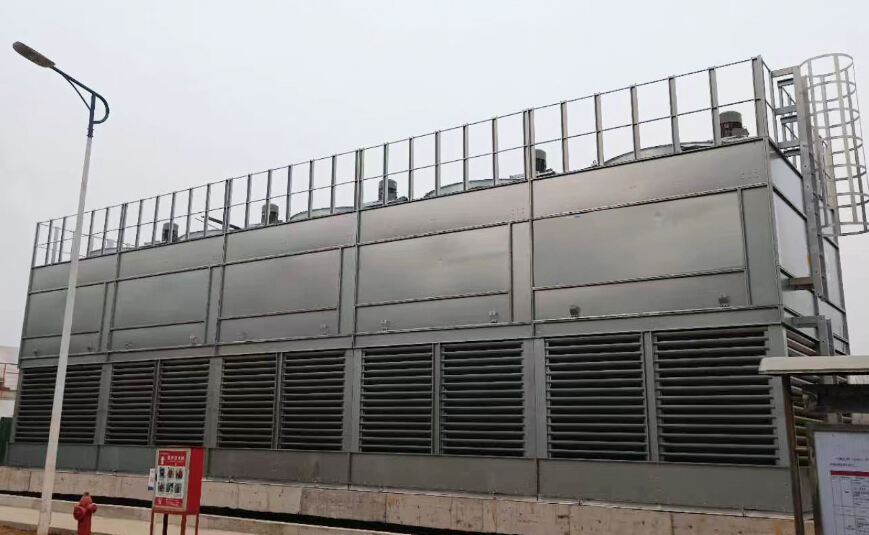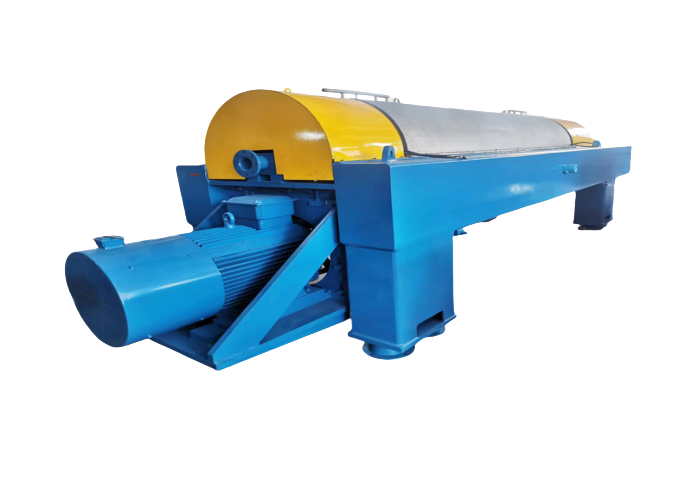drilling waste treatment
Drilling waste treatment is an essential process in the oil and gas industry that focuses on managing and processing the waste materials generated during drilling operations. This comprehensive system employs various advanced technologies to separate, treat, and dispose of drilling fluids, cuttings, and associated waste materials in an environmentally responsible manner. The treatment process typically involves multiple stages, including mechanical separation, chemical treatment, and thermal processing, each designed to handle specific types of waste materials. Modern drilling waste treatment systems incorporate sophisticated equipment such as centrifuges, thermal desorption units, and chemical treatment facilities to effectively process drilling waste while meeting stringent environmental regulations. These systems are capable of processing large volumes of waste materials, recovering valuable components such as oil and water, and producing environmentally acceptable end products. The treatment process is carefully monitored and controlled to ensure optimal efficiency and compliance with environmental standards. Advanced automation and control systems are integrated into the treatment process, allowing for real-time monitoring and adjustments to maintain optimal performance. The treated materials can often be repurposed or safely disposed of, contributing to sustainable drilling practices and reduced environmental impact.

